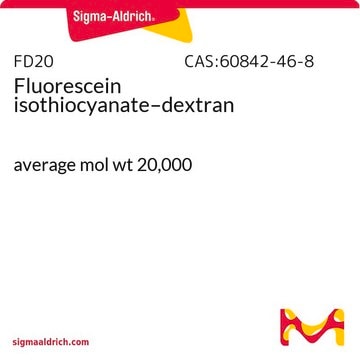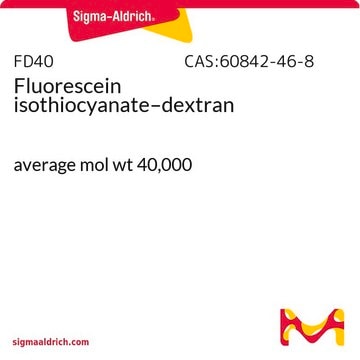All Photos(1)
About This Item
Linear Formula:
NH2CH2CON(CH3)CH2COOH
CAS Number:
Molecular Weight:
146.14
Beilstein:
1768450
EC Number:
MDL number:
UNSPSC Code:
12352209
PubChem Substance ID:
NACRES:
NA.26
Recommended Products
product name
Gly-Sar,
Assay
≥98% (TLC)
Quality Level
form
powder
color
white
mp
198 °C
storage temp.
−20°C
SMILES string
CN(CC(O)=O)C(=O)CN
InChI
1S/C5H10N2O3/c1-7(3-5(9)10)4(8)2-6/h2-3,6H2,1H3,(H,9,10)
InChI key
VYAMLSCELQQRAE-UHFFFAOYSA-N
Gene Information
human ... SLC15A1(6564)
Looking for similar products? Visit Product Comparison Guide
Storage Class Code
11 - Combustible Solids
WGK
WGK 3
Flash Point(F)
Not applicable
Flash Point(C)
Not applicable
Personal Protective Equipment
dust mask type N95 (US), Eyeshields, Gloves
Certificates of Analysis (COA)
Search for Certificates of Analysis (COA) by entering the products Lot/Batch Number. Lot and Batch Numbers can be found on a product’s label following the words ‘Lot’ or ‘Batch’.
Already Own This Product?
Find documentation for the products that you have recently purchased in the Document Library.
Hovhannes J Gukasyan et al.
Pharmaceutical research, 34(12), 2488-2497 (2017-08-24)
Studies were conducted in primary cultured rat alveolar epithelial cell monolayers to characterize peptide transporter expression and function. Freshly isolated rat lung alveolar epithelial cells were purified and cultured on permeable support with and without keratinocyte growth factor (KGF). Messenger
Jinling Wang et al.
International journal of nanomedicine, 13, 7997-8012 (2018-12-13)
Polymeric micelles (PMs) hold promise for improving solubility and oral absorption of poorly soluble drugs. Unfortunately, the oral absorption of PMs is also limited by intestinal epithelium. To improve the oral delivery efficiency of micelles, transporter-mediated micelles could enhance the
Dilara Jappar et al.
Drug metabolism and disposition: the biological fate of chemicals, 38(10), 1740-1746 (2010-07-28)
The purpose of this study was to evaluate the role, relevance, and regional dependence of peptide transporter (PEPT) 1 expression and function in mouse intestines using the model dipeptide glycylsarcosine (GlySar). After isolating specific intestinal segments, in situ single-pass perfusions
Junji Miyabe et al.
Journal of pharmacological sciences, 139(3), 215-222 (2019-03-06)
Boron neutron capture therapy (BNCT) is a radiotherapy utilizing the neutron capture and nuclear fission reaction of 10B taken up into tumor cells. The most commonly used boron agent in BNCT, p-borono-l-phenylalanine (BPA), is accumulated in tumors by amino acid
Beta- and gamma-di- and tripeptides as potential substrates for the oligopeptide transporter hPepT1.
Ina Hubatsch et al.
Journal of medicinal chemistry, 50(21), 5238-5242 (2007-09-25)
The hPepT1-mediated transport properties of a series of 11 synthesized beta- and gamma-peptides have been studied in Caco-2 cells. The results show that several of the compounds interact with the peptide transporter, but only two beta-dipeptides act as substrates and
Our team of scientists has experience in all areas of research including Life Science, Material Science, Chemical Synthesis, Chromatography, Analytical and many others.
Contact Technical Service






